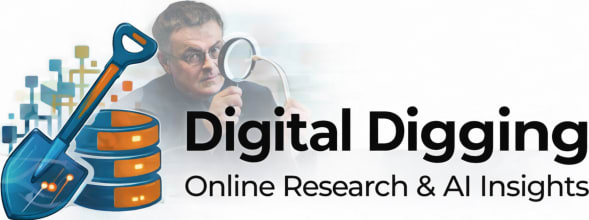Google vs. AI: when to use which
When to search, when to chat, and how to stop wasting time on both
People ask AI chatbots for facts while Google chases AI with generative summaries—both approaches can be unreliable. This guide explains when to Google, when to chat, and how to combine them so you research faster while avoiding embarrassing errors.
The blurring lines: The choice between "search" and "AI" is becoming less clear-cut as Google injects AI summaries into traditional search and AI tools add web search capabilities. You might think you're using Google for factual lookup, but actually get an AI-generated summary that's wrong. This makes it crucial to understand what you're actually using and how to verify information, regardless of which interface you're on. Welcome to my guide.
The problem: AI chatbots get basic facts wrong more than 60% of the time while sounding completely confident. Google's algorithm changes increasingly favor popular facts and mainstream sources while downplaying obscure but still relevant sources that might provide crucial context or alternative perspectives. Meanwhile, Google's own AI Overview experiments—where AI-generated summaries appear at the top of search results—have proven equally unreliable, often confidently displaying incorrect information before you even see the source links.
Here's why this happens: Modern AI chatbots can access live web search, but they use completely different search engines under the hood. ChatGPT relies heavily on Microsoft's Bing infrastructure, Claude partners exclusively with Brave Search, Perplexity operates its own independent web crawler, and Gemini taps directly into Google's search infrastructure.
Gemini's direct access to Google's massive, continuously updated index means it often has more current information than models relying on smaller or less frequently updated search partners. Brave Search, while privacy-focused, indexes a fraction of what Google does. Bing's index, though substantial, has different priorities and coverage gaps compared to Google's. These infrastructure differences explain why asking "What happened in the news today?" yields dramatically different results across AI platforms.
They then sample different sources and reconstruct new answers each time you ask. This means you'll get different versions of the "same" facts depending on which search engine they're using and which sources they happened to find. Both systems then compound their problems with AI-generated summaries that present uncertain information with false confidence.
So how do we solve this?



